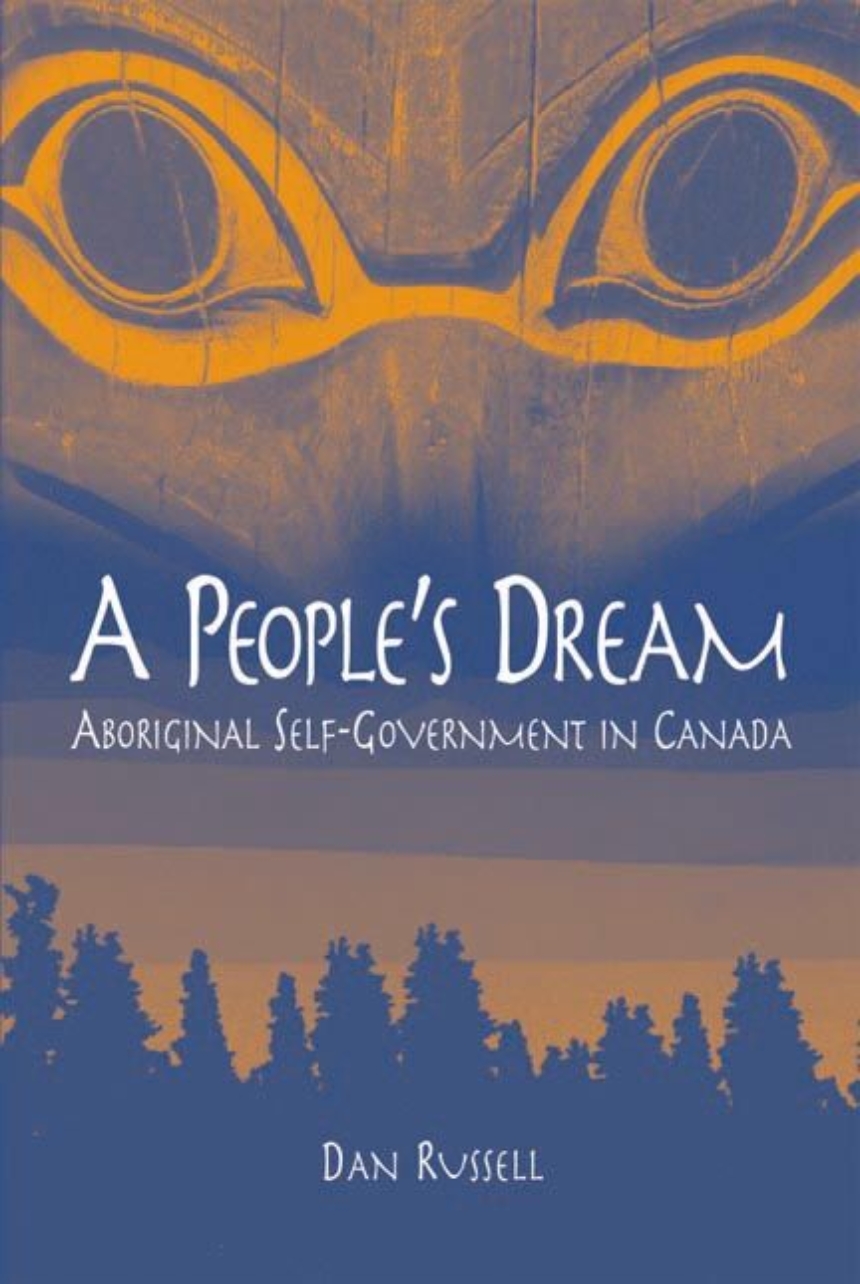9780774807999
Distributed for University of British Columbia Press
A People’s Dream
Aboriginal Self-Government in Canada
In this provocative and passionate book, Dan Russell outlines the history of Aboriginal self-government in Canada. He compares it to that of the United States, where, for over 150 years, tribes have practised self-government -- domestic dependent nationhood. Russell provides specific examples of how those institutions of government operate, and eloquently explains, from an Aboriginal perspective, what his people hope to achieve through self-governing authority. After describing rights theory, Russell locates Aboriginal self-government as a cultural right, and illustrates how the entitlements of Aboriginal women, an Aboriginal ethic, and collective rights, which are protected by self-governance, may conflict with the Canadian Charter of Rights.
Table of Contents
Preface
Acknowledgments
Introduction
1 The Self-Government Ideal: A Recent Concept
2 The American Tribal Government Experience: Lessons for Canada
3 Entrenching Self-Government: The Treaty Option
4 Entrenching Self-Government: The “Principled Approach”
5 Historical Aboriginal Collective Rights
6 Aboriginal Values versus Charter Rights
7 A Metaphorical Charter: An Aboriginal Response
8 The Royal Commission on Aboriginal Peoples and Self-Government: Just Another Lump of Coal
9 The Future of Self-Government: Building Trust and Confidence Notes
Selected Bibliography
Index

